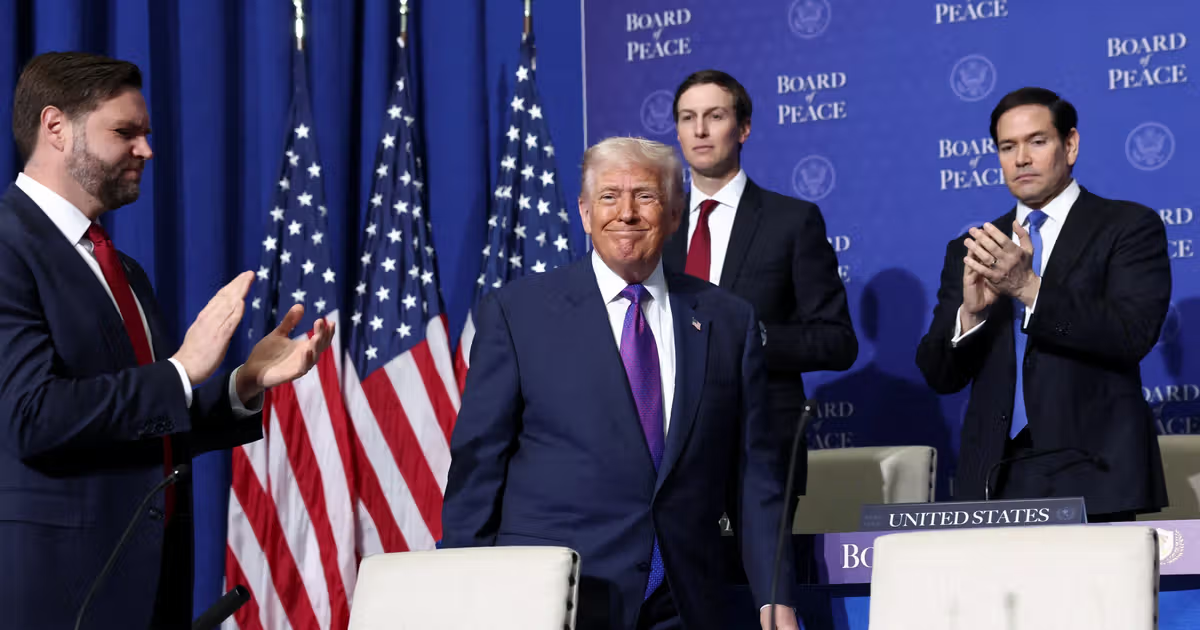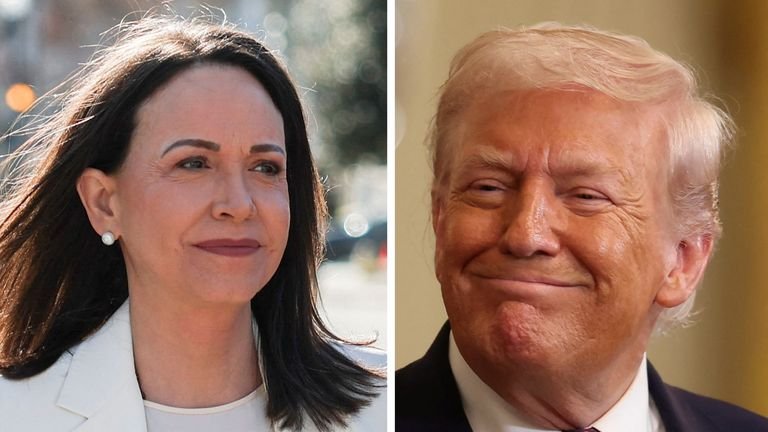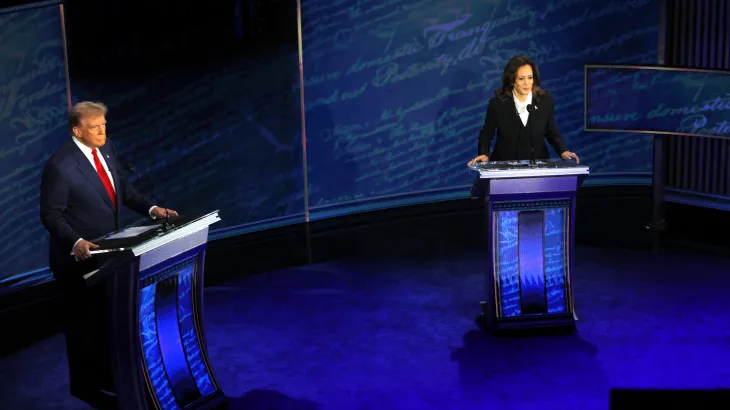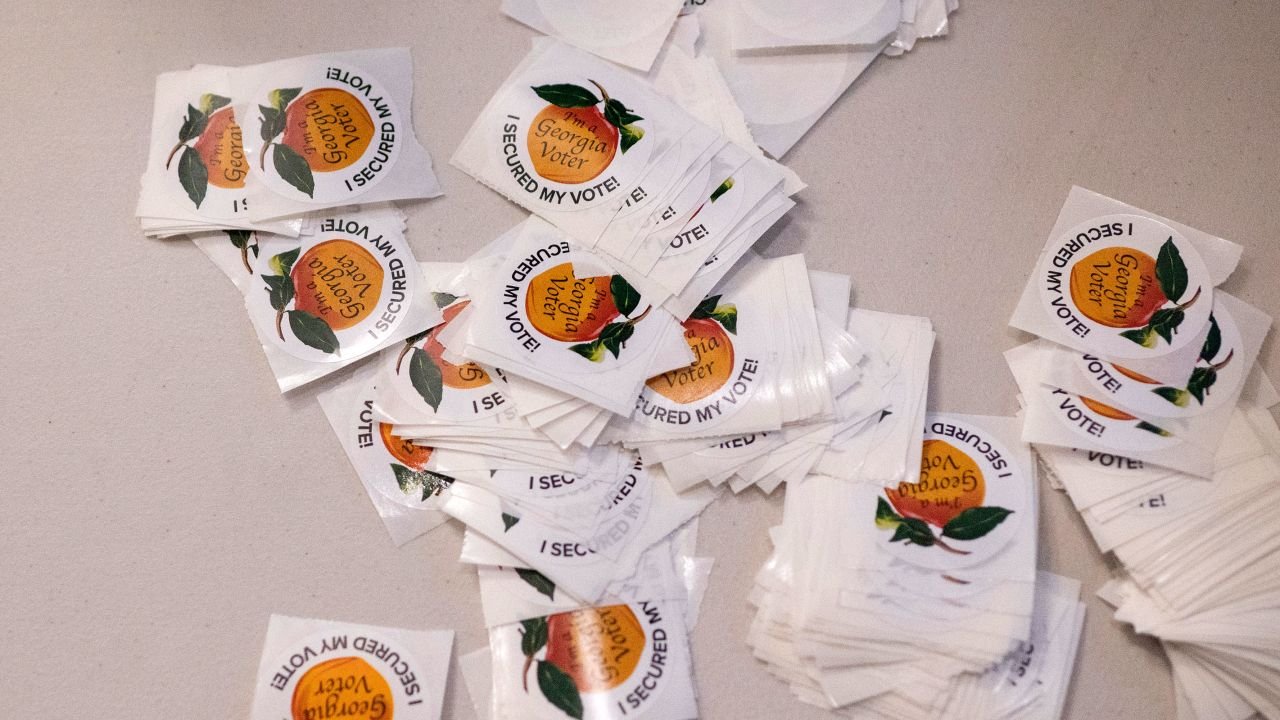National Security Fears Spark Push for TikTok Overhaul
For years, TikTok has captivated millions with its addictive short-form videos, but beneath the viral dances and trends lurks a geopolitical storm. Owned by Chinese tech giant ByteDance, the app has faced intense scrutiny from U.S. officials over potential national security risks. Lawmakers argue that ByteDance’s connections to Beijing could allow the Chinese government to access data from TikTok’s staggering 170 million American users, turning the platform into a tool for espionage or influence operations. TikTok and ByteDance have consistently dismissed these claims, insisting on robust data protections and independence from state control. Yet, similar concerns have triggered bans or restrictions in countries like India, Australia, and parts of Europe, highlighting a global unease with Chinese-owned tech.
The tipping point came in April 2024, when Congress passed bipartisan legislation, swiftly signed by then-President Joe Biden, mandating ByteDance to sell TikTok’s U.S. operations within nine months or face a nationwide shutdown. Framed as a safeguard against foreign threats, the bill cited fears of data harvesting and algorithmic manipulation that could amplify propaganda. TikTok fired back, labeling the law “unconstitutional” and warning of dire consequences for free speech, economic livelihoods, and cultural expression. The company launched aggressive legal battles, including appeals to federal courts, but these efforts crumbled under judicial rulings favoring national security priorities. ByteDance, meanwhile, publicly vowed never to divest, setting the stage for a high-stakes standoff.
Enter Donald Trump, who reclaimed the White House in January 2025 after a contentious election. Extending the original deadline multiple times, Trump signaled a willingness to negotiate rather than enforce an outright ban, a shift from his first-term rhetoric, where he had once threatened to prohibit the app entirely. His administration’s extensions bought time for deal-making, reflecting a pragmatic blend of protectionism and economic realism. By September 2025, with the clock ticking, Trump announced a breakthrough: a deal that keeps TikTok alive in America under new, predominantly U.S. ownership. This resolution not only averts a digital catastrophe but also underscores the evolving U.S.-China tech rivalry, where apps like TikTok become proxies in broader trade and security battles.
Deal Structure: U.S. Control Over Algorithms and Data
At the heart of the agreement is a $14 billion valuation for TikTok’s U.S. entity, now transitioning to a joint venture dominated by American investors. Trump, flanked by Vice President JD Vance in the Oval Office, unveiled key players: Oracle Corporation, led by Trump ally Larry Ellison; media titan Rupert Murdoch of Fox Corporation; Dell Technologies founder Michael Dell; and private equity firm Silver Lake, known for its sports investments like Manchester City’s parent group. Officials have hinted at recruiting “patriotic” backers, with rumors swirling around figures like OnlyFans creator Tim Stokely and YouTube star MrBeast (Jimmy Donaldson). This consortium will hold six of seven board seats, capping Chinese ownership at under 20%, a structure designed to insulate the app from Beijing’s influence.
The crown jewel, and most contentious element, is TikTok’s algorithm, the AI-driven engine that curates hyper-personalized feeds, fueling user engagement and ad revenue. Under the deal, the U.S. version will deploy a retooled algorithm, derived from the original but retrained solely on American user data to prioritize local preferences and compliance. “Trusted security partners” will oversee all updates, data flows, and code changes, ensuring transparency and preventing backdoors. Oracle, already storing U.S. user data on domestic servers since a 2022 pact, will expand its role as the app’s technological backbone, adding layers of encryption and audits.
This setup complies with the 2024 law’s divestiture mandates, according to White House officials, who emphasize that it neutralizes security risks without killing the platform. Operationally, the new TikTok U.S. will function independently, with enhanced privacy features and content moderation tailored to American standards. Financially, the deal injects capital for innovation, potentially accelerating features like e-commerce integrations and AI enhancements. Critics, however, question whether fragmenting the global algorithm could dilute the app’s magic, leading to a less engaging experience. Proponents argue it’s a win-win: preserving jobs for thousands of U.S. employees while bolstering data sovereignty in an era of digital warfare.
Global Reactions and User Implications Amid Uncertainty
Reactions to the deal have been mixed, reflecting the intricate U.S.-China dynamics. Trump claimed personal credit, stating Chinese President Xi Jinping endorsed it during a September 19 call, with Beijing “fully on board.” Yet China’s foreign ministry offered a measured response, respecting ByteDance’s autonomy while insisting on adherence to market rules and national laws, a subtle nod to required export licenses for the algorithm. Analysts doubt ByteDance would proceed without Beijing’s tacit approval, especially given China’s export controls on AI tech. ByteDance itself has stayed mum, though an earlier statement thanked both leaders for preserving TikTok’s U.S. footprint. Trump plans further talks with Xi at October’s APEC summit in South Korea, potentially smoothing any lingering hurdles.
For U.S. users, averaging 51 minutes daily on the app in 2024, the deal spells relief from ban fears that sparked creator backlash and lobbying blitzes. Influencers, who rely on TikTok for income, had decried potential devastation, with some lawmakers noting ironic reinforcements of security concerns from user campaigns. Rivals like Instagram Reels, YouTube Shorts, and emerging Chinese app RedNote were poised to capitalize on any void, but now TikTok endures, albeit evolved.
Still, uncertainties abound. Will the U.S.-tuned algorithm match the original’s virality? Forrester analyst Kelsey Chickering warns, “The jury’s out on whether this localized version replicates the seamless, addictive experience.” Broader implications include setting precedents for foreign tech firms, possibly inspiring similar deals for apps like WeChat or Shein. As digital borders harden, this pact highlights America’s quest for tech autonomy, balancing innovation with vigilance in a multipolar world.
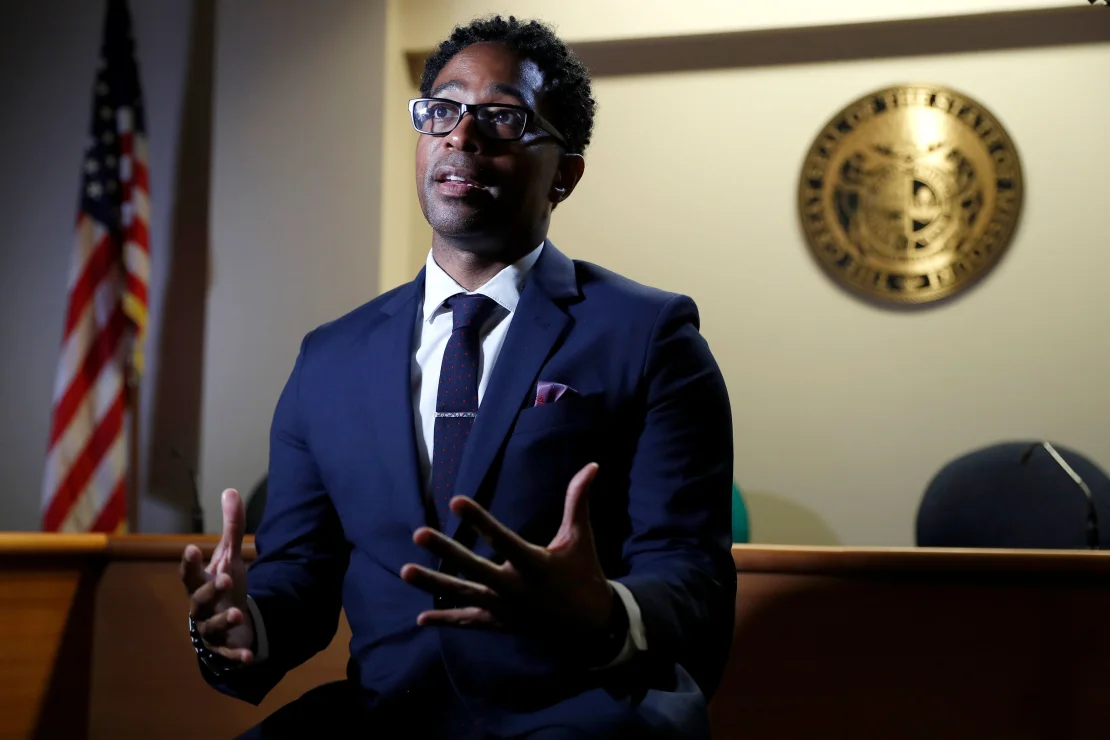

 Health5 years ago
Health5 years ago
 Health4 years ago
Health4 years ago
 Health4 years ago
Health4 years ago
 Fashion5 years ago
Fashion5 years ago
 Fashion4 years ago
Fashion4 years ago
 Fashion9 years ago
Fashion9 years ago
 Health5 years ago
Health5 years ago
 Health5 years ago
Health5 years ago
 Health5 years ago
Health5 years ago
 Health4 years ago
Health4 years ago
